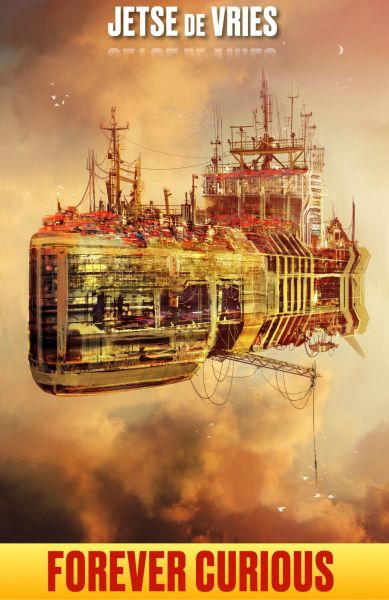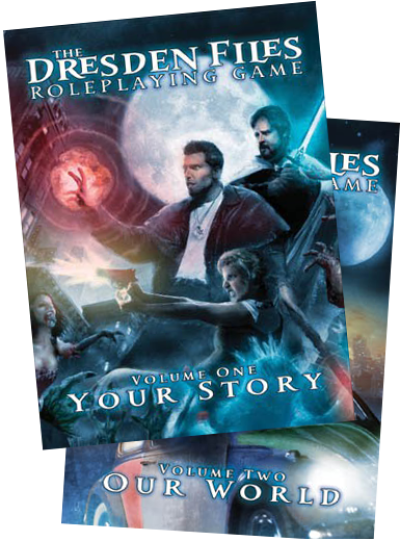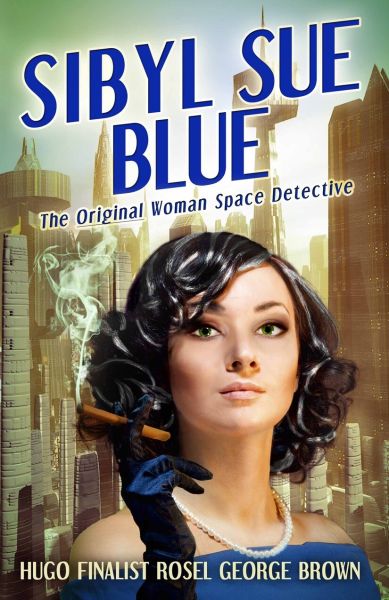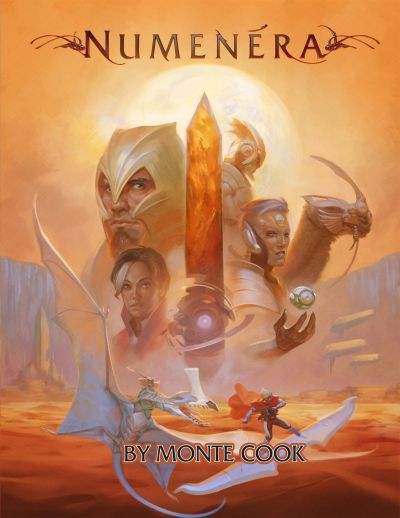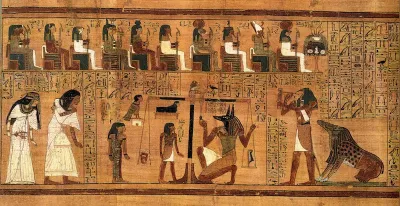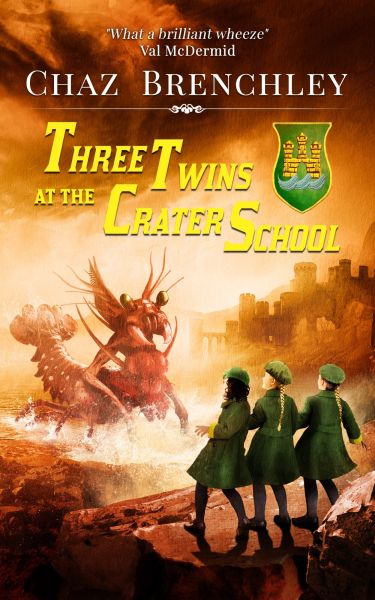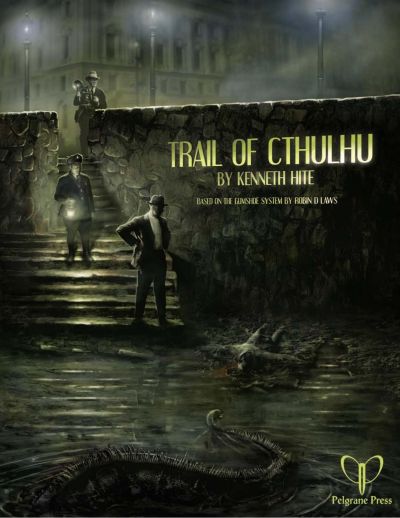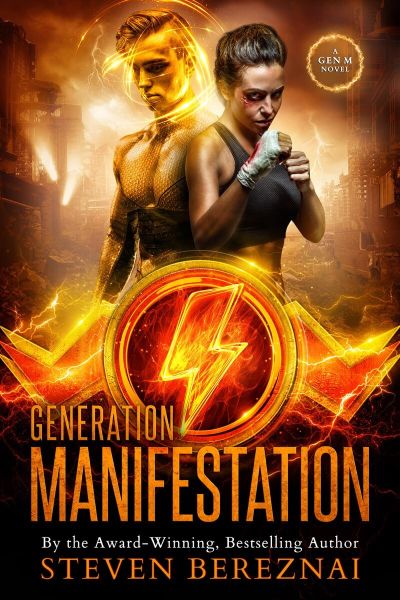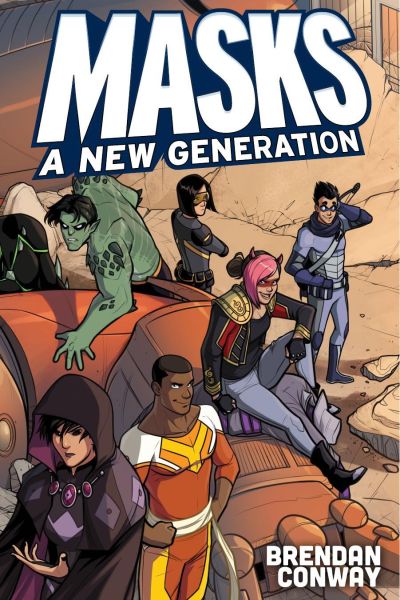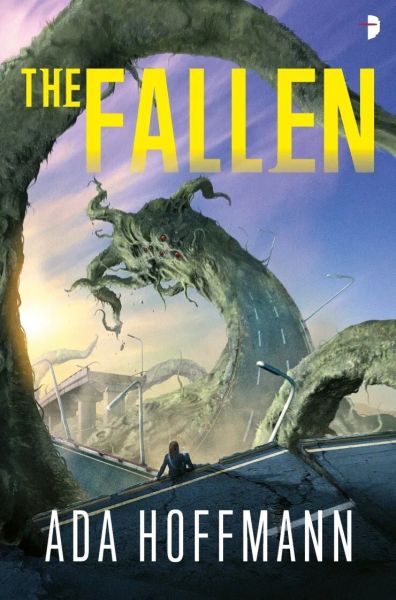Inspired by Aaron de Orive’s 2020 First Ten RPGs, a brief account of the roleplaying games I have played most recently, beginning with the most recent and working backwards. Number Seven1: Kenneth Hite’s horror investigation RPG, Trail of Cthulhu.
Although mechanically quite distinct, Trail draws on the same body of work as Call of Cthulhu, namely noted timorous xenophobe H. P. Lovecraft. Providence’s most famous racist’s fiction provides a rich world in which the answers to every question are deeply regrettable, assuming the asker lives long enough to comprehend what they have discovered.
Trail uses Robin D. Laws’ Gumshoe game mechanics. Characters are generated using a points-based system. As I recall we used pre-generated characters, so my knowledge of that end of things is minimal. The game is skill-based, with players trying to exceed a target number (usually 4). Results can be improved by drawing on points from the relevant Investigative Abilities Pools, which the player must decide to do before seeing how their d6 betrayed them.
To be honest, I only learned enough of the rules to play the game. Looking at it in more detail now, I see there are two modes of play, Purist or Pulp. In the purist mode, player characters are bugs on the fast-moving windshield of the Mythos. In Pulp mode, they are somewhat more durable, a veritable mouse in a tiger’s cage. Either way, it’s probably best to have a back-up character or two.
I find the Ability pool mechanics a bit counter-intuitive. Once the pools are used up, it becomes much harder to succeed at tasks. I suppose this could represent cognitive fatigue but I am not used to thinking of skills as something with a finite number of uses. Otherwise, Trail was a perfectly fine little game.
1: Yes, there was a different 7 but I discovered the author is a person I don’t want to promote. Ironically, that 7 was itself a replacement for an entirely different game that was problematic in its own way, both in terms of the designer and the unmentionable group of people with whom I played it. Ah, well. There is no limit to how often I can apply Damnatio memoriae.
Read more ➤
